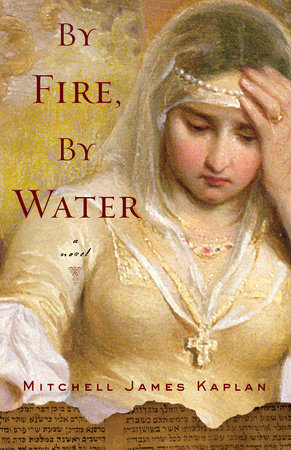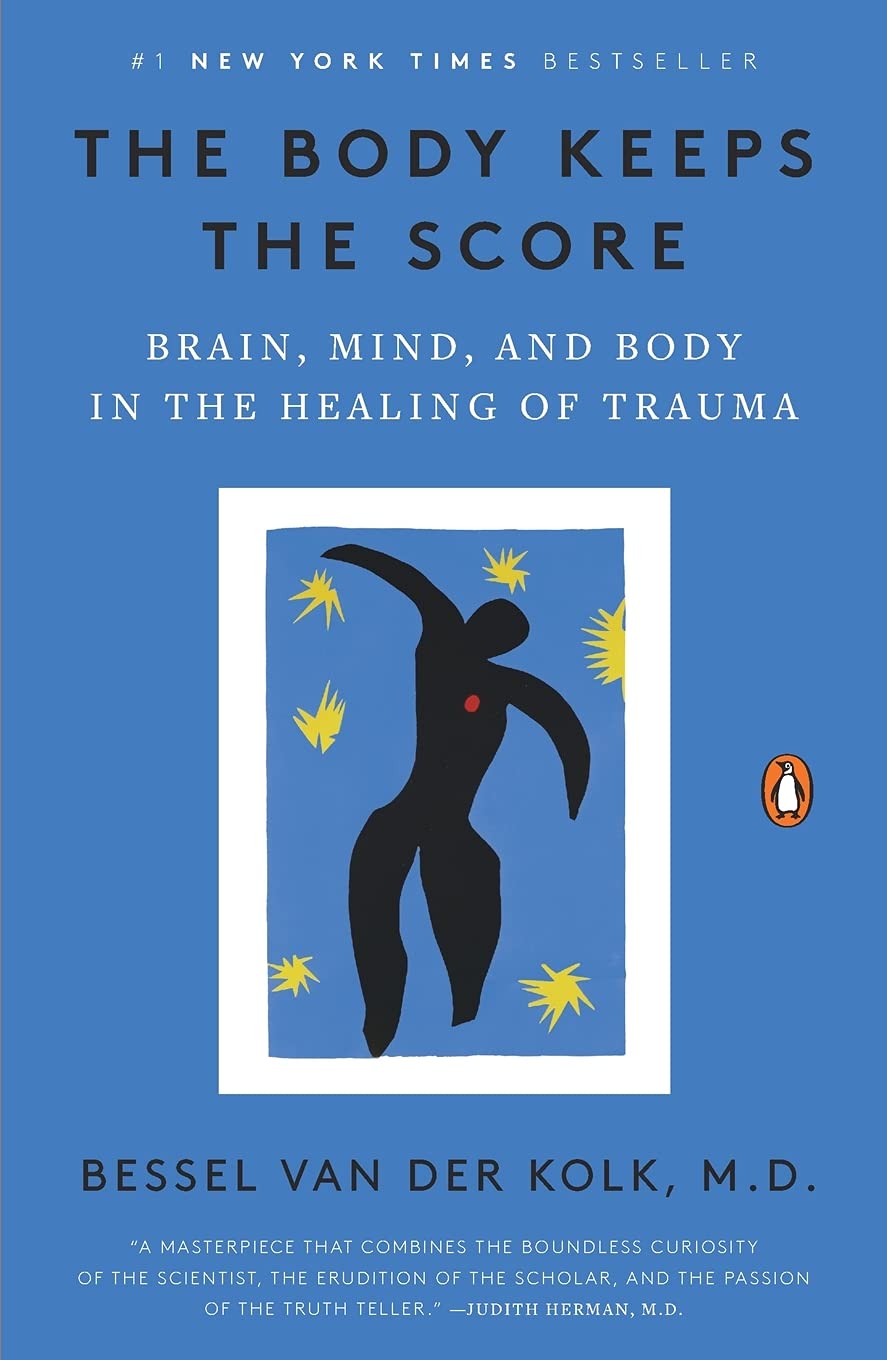sr edler
gold is not reality
- Mar 20, 2010
- 12,263
- 6,740
It always had the reputation of being unreadable. I don't know a single guy who finished it and I studied English literature and culture (this includes American studies). I think I gave up after about 300 pages. It didn't help that I knew the philosophy behind it.
It's not really unreadable in a way that it's hard to understand, or that it's confusing. It just drags. I think the parts that work best are some of the mystery genre stuff. I made fun of it in my review, with the plane chase, but I think that's actually some of the stuff that works to a degree.
For instance there's a scene where the protagonist (Dagny) is sitting outside of an office where the (perceived) bad guy is talking to someone, and she doesn't move in on him although the door is unlocked, and then he moves out of the back door. It's not like it's brilliant or anything, but at least there's something to it that's not terrible. It's a little film noir, I guess.
I also liked how she used the dollar sign on the cigarettes, because it reminded me of the Cigars of the Pharaoh album by Hergé. I wonder if she just ripped that off completely. You know how they say "good artists borrow, great artists steal." Perhaps that's really the problem with this whole book, that it's not enough stealing from great art and way too much personal rambling from the author herself.
As for the whole politics/philosophy thing, yeah, it kinda is what it is. I never arrived at that long famous broadcast/speech somewhere towards the end of it, but it's really pretty clear anyways already prior to that what it's all about. It's not really a subtle book where you have to read much between the lines.








